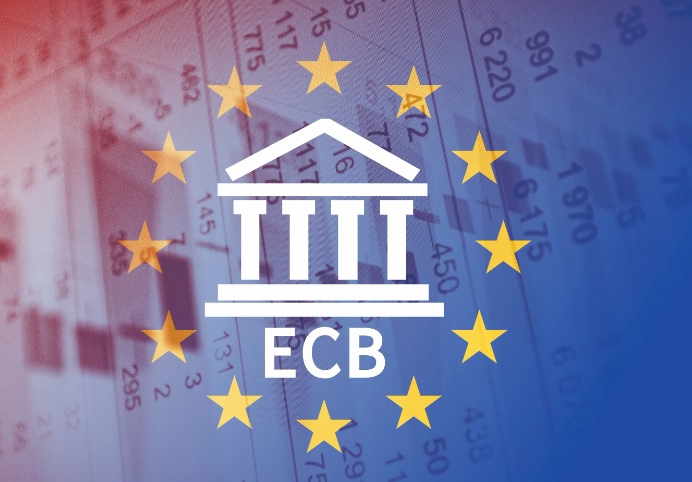The European Central Bank (ECB) has kept its key interest rate at a record high. It is expected to start cutting borrowing costs next year to support the shrinking economy.
The decision followed similar decisions this week by the US Federal Reserve, the Bank of England and the Swiss National Bank, which left rates unchanged. The Fed also said it may make three interest rate cuts next year.
The ECB said it would keep its benchmark rate at 4 per cent as inflation is “likely to accelerate temporarily again in the near term”. Central banks around the world have hiked rates sharply to curb inflation that has erupted in the wake of the Covid-19 pandemic and the outbreak of war in Ukraine.
Bank President Christine Lagarde said future decisions would ensure that rates “are set at sufficiently restrictive levels for as long as necessary.”
Inflation in the 20 European Union countries that use the euro currency fell more than expected to 2.4 per cent in November from a peak of 10.6 per cent in October 2022. That’s not that far from the ECB’s 2 per cent target, which is considered optimal for the economy.
Analysts are predicting an ECB rate cut next year, although the timing is uncertain and forecasts for the move range from March to September. The bank’s key rate is at a record high of 4 per cent.
Economic growth is lagging far behind, although inflation has fallen after record rate hikes and borrowing costs have risen sharply for purposes such as buying homes and business investment in new offices and factory equipment. Economic growth in the eurozone contracted 0.1 per cent in the July-September period.
Meanwhile, wages are still catching up with price rises in shops, leaving European consumers in a bad mood, even as European cities are busy preparing for Christmas.
